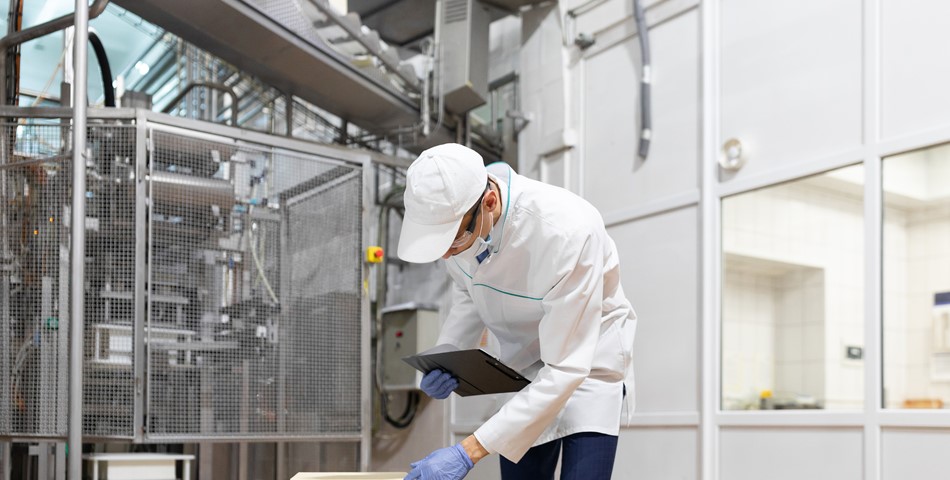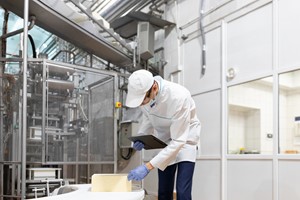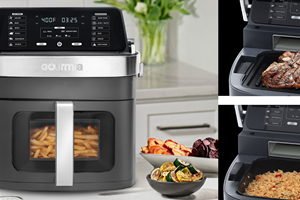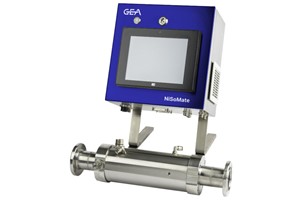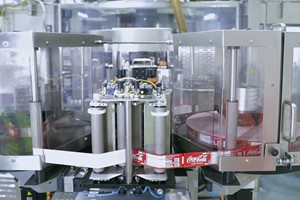Product recalls in the food and beverage industry represent a significant challenge, posing threats to brand reputation, consumer trust, and financial stability. Recent statistics from regulatory bodies underscore the escalating frequency of recalls, reaching a five-year high in 2023. Addressing this challenge demands a proactive approach, with technology emerging as a pivotal tool for mitigating risks and enhancing operational resilience across manufacturing facilities.
The Role of Technology in Recall Prevention
Manufacturing Execution Systems (MES) stand out as a cornerstone technology offering comprehensive capabilities to bolster quality control and traceability. By facilitating electronic record-keeping, MES solutions empower manufacturers with real-time insights and end-to-end traceability, essential for swift response in case of emergencies. Digital records not only streamline operations but also ensure readiness for recall management, enabling rapid identification of affected products, materials, and processes.
Despite the clear benefits, a notable portion of the manufacturing industry lags in technology adoption, relying on outdated analog methods for data collection. This underscores the imperative for manufacturers to embrace modern solutions that optimize processes and enhance operational visibility, thereby minimizing vulnerabilities to production mishaps and recalls.
Enhancing Recall Preparedness through Traceability
Traceability, complementing electronic records, emerges as another critical capability for proactive recall management. MES solutions facilitate the swift detection of production anomalies and enable manufacturers to trace defects back to their source. This capability proves instrumental in swiftly identifying affected batches, facilitating informed decision-making, and issuing timely communications to consumers.
Maintaining Customer Trust Through Precision and Transparency
In the aftermath of a recall, transparency and precision become paramount in preserving consumer trust. Technology equips manufacturers with the tools to provide candid insights into the scope of the issue, its underlying causes, and the preventive measures instituted to avert future occurrences. By leveraging real-time data capture, analysis, and statistical process control, manufacturers can proactively address quality deviations, thereby fostering a culture of continuous improvement and safeguarding against unforeseen risks.
Embracing Technological Solutions for Sustainable Success
Automation, real-time data analytics, and statistical process control represent additional technological avenues for enhancing operational efficiency and consistency. These solutions empower manufacturers to achieve greater precision, reliability, and compliance in their operations, paving the way for sustained growth and competitiveness in dynamic market landscapes.
Conclusion
While product recalls may remain an inevitable reality for food and beverage manufacturers, technological advancements offer a pathway to mitigate risks and enhance preparedness. By embracing solutions such as MES, manufacturers can fortify their operations against potential pitfalls, ensuring not only regulatory compliance but also consumer safety and trust. As the industry navigates evolving challenges and regulations, the integration of digitalized technology emerges as an indispensable asset in safeguarding brand integrity and fostering sustainable success.
https://foodindustryexecutive.com/




